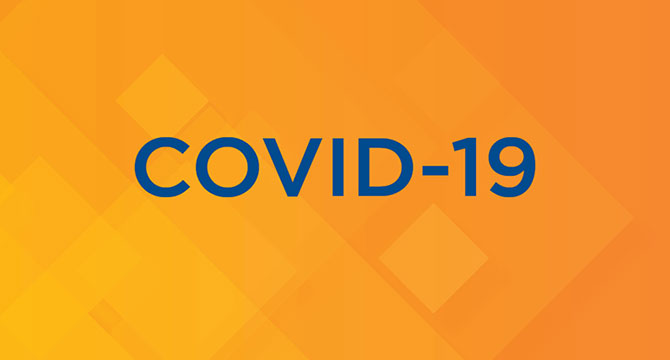
City introduces new proactive measures in the Downtown Eastside
We're taking additional steps to help ensure residents can access essential services and information, and stay safe, during the COVID-19 pandemic.
Collecting and cashing Income Assistance cheques
In preparation for the distribution of income assistance cheques on Wednesday, we've been working with Pigeon Park Savings and Vancity to encourage bank account signups so that residents don't need to collect or cash cheques in person. Standard membership fees and ID requirements have been waived and this has resulted in nearly 200 new accounts being opened in the last month. Pigeon Park Savings is also working with residents to offer a five-week savings plan to allow residents to access their income, including the new provincial emergency supplement ($900 over three months, $300 in April, May, and June) for Income Assistance recipients.
For residents collecting and cashing cheques in person, peer managers redeployed from the DTES Street Market funded by the City will help to manage high volume areas, including sidewalk spaces, continuing to encourage two metres of physical distance and at Income Assistance offices and Pigeon Park Savings.
Accessing critical information and services, including overdose prevention
Additional measures are also being taken in partnership with Vancouver Coastal Health to support enhanced access to critical information and services, including the opening of a community information and service point. The service point will start initially with overdose prevention services as of today and then other components will be added, including real time-information for community members, access to peer work, and other services as next steps.
We're funding several peer work programs to upscale efforts to inform and distribute critical information. Karen Ward, our advisor for COVID-19 response and drug policy is on the ground in the DTES. Karen reminds residents to: “Wash your hands and stop touching your beautiful face. Go home if you have one.”
Sex workers in Vancouver have experienced significant hardship in the context of the pandemic. We liaise directly with partners such as the Transitions Consortium and WISH Drop-In Centre to increase access to critical information, funding, and resources, including cell phone donations from TELUS. Our staff are also working with partners to align additional food program initiatives for sex workers and scope out an emergency relief fund for workers in Vancouver.
We provided $200,000 towards upscaling peer work and connecting non-profit organizations in new ways under the leadership of the Community Impact Real Estate Enhanced (CIRES) Community Stewardship Program. In the first week of operation, the CIRES program funded ten Sex Worker Peer positions, as well as an additional 62 peers who spend more than 1,100 hours per week on outreach and meeting the basic needs of people who identify as women, people experiencing homelessness, urban Indigenous residents, and undocumented immigrants who are highly impacted by COVID-19.
Ingrid Mendez de Cruz, Executive Director of Watari which has received funding from CIRES, said: “These funds are much appreciated by the community. It’s provided the ability for peer workers provide translated information and support to individuals who are undocumented and experiencing other challenges such as loss of income.”
Providing safe spaces
We're planning to seek safe community spaces for public health and gathering in the neighbourhood, including spaces for outdoor food consumption and handwashing. A seating area outside of Evelyn Saller has been installed for residents accessing these food services.
In partnership with Vancouver Coastal Health and BC Housing, we've worked to secure 478 spaces in hotels and in two emergency response centres at community centres for people experiencing homelessness. Additionally, we've worked to secure food and cleaning support for some high risk SROs, and improve access to hygiene and other supports for residents precariously housed.
